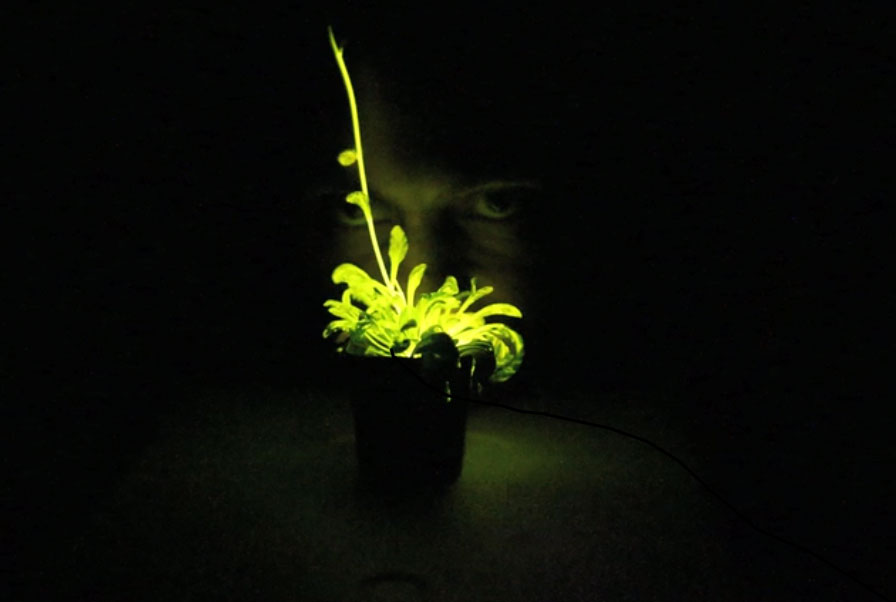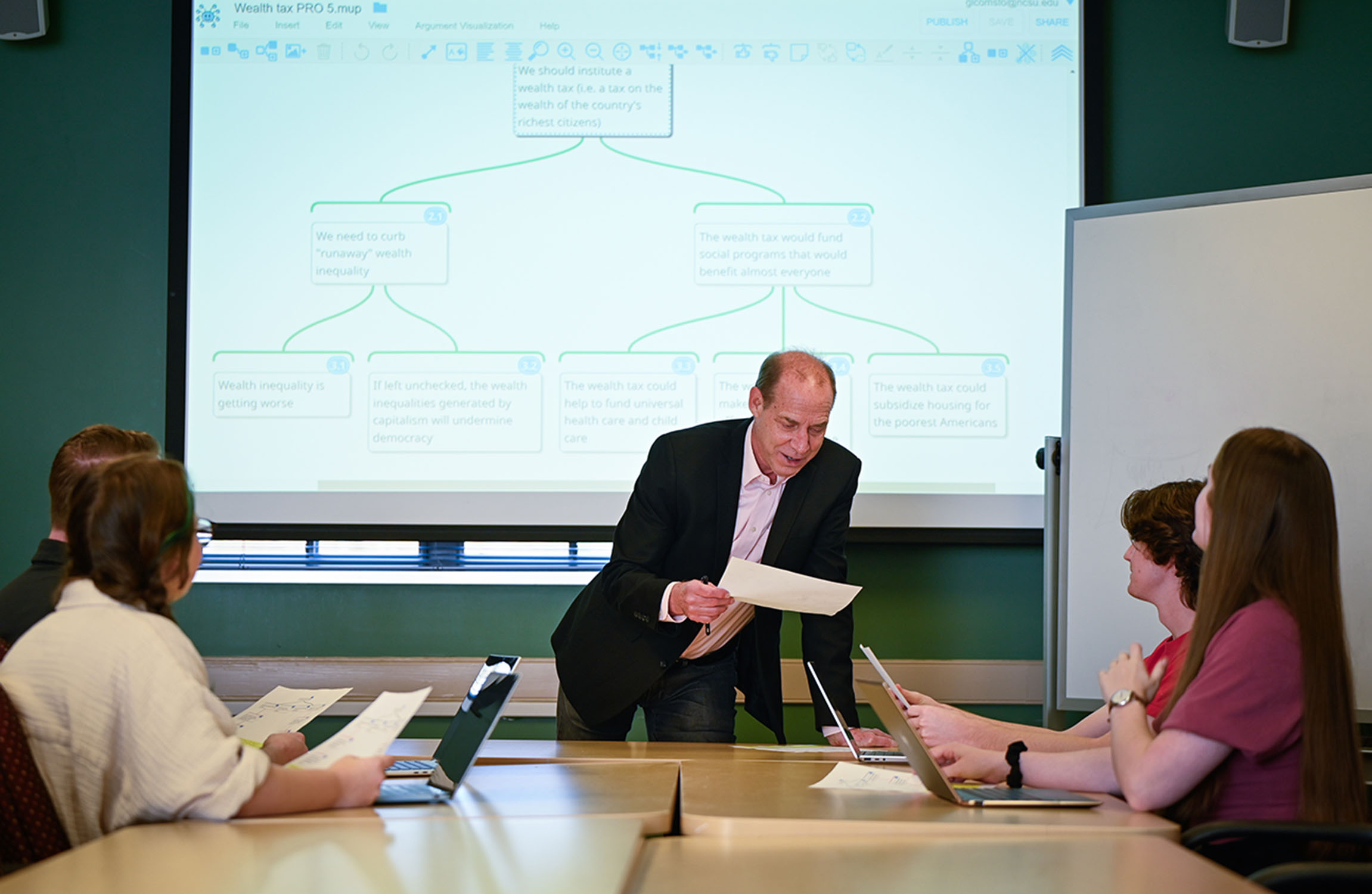Think and Do No Harm


An interdisciplinary team of NC State students — including doctoral students from Humanities and Social Sciences — won first place in an international synthetic biology competition this month for designing a Web-based decision-making tool to help people innovate responsibly.
The Ph.D. students — drawn from communication, genetics, entomology, public administration, public policy, computer science and conservation biology — won for developing the best policy and practices project at the annual iGem competition in Boston.
The International Genetically Engineered Machine competition engages hundreds of student teams from all over the world every summer to tackle some of the toughest problems in synthetic biology, the design and construction of new biological parts, devices and systems.
This year, 245 teams competed in categories ranging from entrepreneurship to manufacturing. The NC State project involved the design of a concept-mapping framework to assess the ethical, legal, social and environmental issues related to the release of genetically engineered plants outside the laboratory. Students worked with Glowing Plant, the world’s first crowd-funded genetically engineered organism, to test the framework.
“Rather than prescribing a single ‘responsible’ course of action, we enable individual users to decide how much weight to attribute to principles such as the conservation of biodiversity, the preservation of human health and safety, the advancement of entrepreneurship and innovation, and the promotion of social equity,” a project summary explained. The framework “encourages reflexive thinking about the social, cultural and ethical negotiations involved in technological oversight.”
The team was sponsored by NC State’s Genetic Engineering and Society Center under the guidance of professors Jennifer Kuzma and David Berube. Advisers included business executive Antony Evans and Andrew Maynard, director of the Risk Science Center at the University of Michigan. Team members include Elizabeth Pitts, communication, rhetoric and digital media; Sheron King, Tina Ndoh and Jayce Sudweeks, public administration; Barry Peddycord III, computer science; Jennifer Baltzegar, genetics; Johanna Elsensohn and Sophia Webster, entomology; and Rene Xavier Valdez, fisheries, wildlife and conservation biology. Emily Nwakpuda, a doctoral student in public policy at UNC-Chapel Hill, also joined the team.
By David Hunt, University Communications. This article first appeared at news.ncsu.edu


